17, August 2022
Southern Cameroons Crisis: Renowned Muslim scholar Abdul Karim detained again 0
In September 2019, prominent Cameroonian Anglophone peace activist Abdul Karim Ali was arrested. He was held without access to a lawyer for five days before authorities finally released him weeks later. But history has a sad way of repeating itself in Cameroon, where Ali has once again been detained.
On August 11, soldiers arrested Ali in Ntamulung neighborhood in Bamenda, North-West region, and took him to the local gendarmerie station. He was not allowed to see family members until August 13 when, following sustained pressure from his lawyers, authorities allowed his wife to visit.
Ali’s lawyers told Human Rights Watch they were not permitted to view his file and that he was questioned in their absence, in violation of Cameroonian law. While there are no official charges against Ali, he was told he is accused of “apology of terrorism” for possessing a video on his phone showing alleged human rights abuses committed by a Cameroonian soldier against civilians in the country’s English-speaking regions.
Ali’s lawyers said he is being detained in deplorable conditions, in a six-square-meter cell without windows, a toilet, or mattresses. He shares the cell with 12 other detainees.
Arbitrary detention and mistreatment of detainees are rife in Cameroon. Many people perceived as opposing the government are held on bogus charges related to national security or terrorism. Following his arrest in 2019, Ali was taken to the State Defense Secretariat (Secrétariat d’État à la défense, SED), a notorious detention facility in the capital, Yaoundé, where Human Rights Watch has documented widespread use of torture. Ali was held incommunicado until his whereabouts were finally made public in September 2019 when he appeared before the Yaoundé Military Court and was charged with acts of terrorism, financing terrorism, and secession. He was released on November 1, 2019.
Jailing Ali instead of working with him is a missed opportunity for the government, said Barrister Awah Joseph Fru, one of Ali’s lawyers. “Arresting a peace advocate stifles an environment for genuine dialogue,” he told me.
Authorities should clarify Ali’s status and respect his rights. Possessing videos of soldiers allegedly committing abuse is not a crime. Unless he is promptly brought before a judge and charged with a genuine offense, he should be released and allowed to continue his work.
Culled from Human Rights Watch

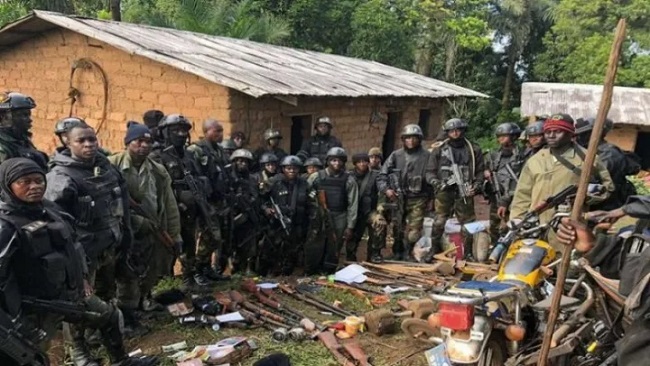
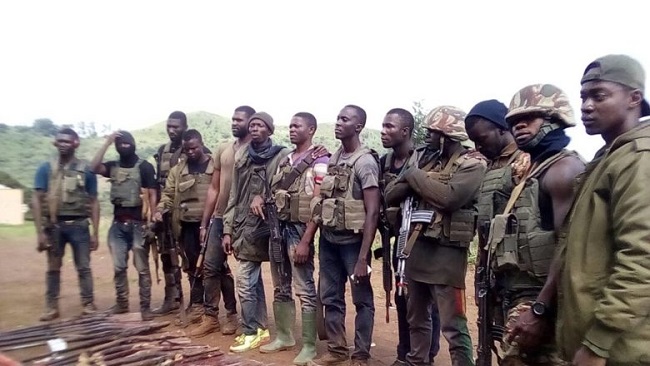
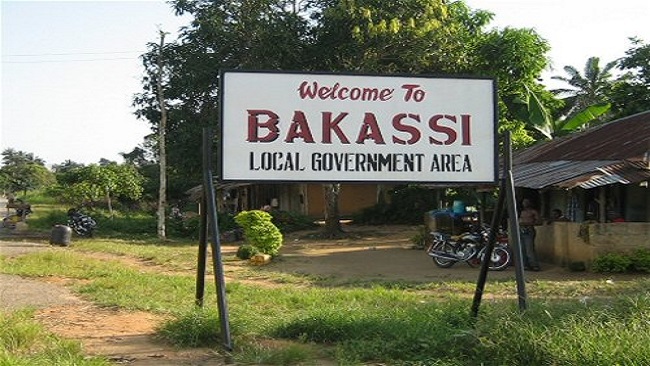
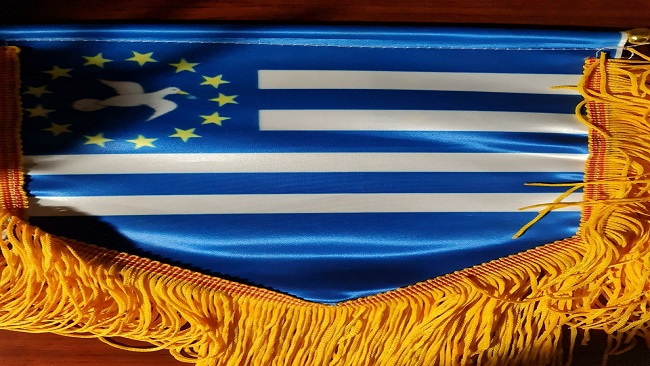

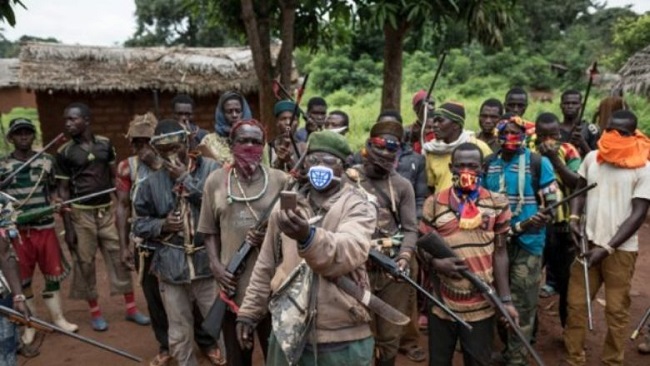
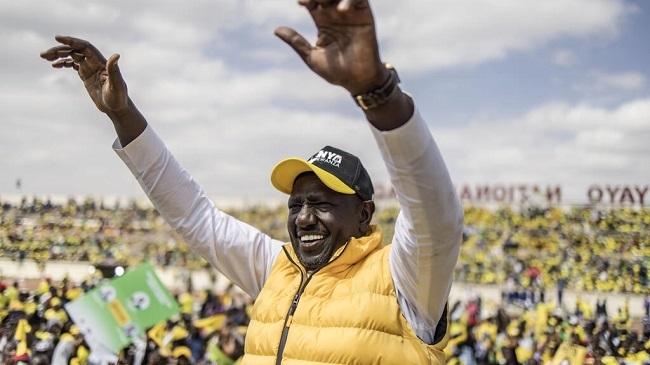


















18, August 2022
Mali accuses France of arming terrorists, seeks emergency UN meeting 0
Mali has requested an emergency UN Security Council meeting as the country has accused France of violating its airspace and delivering weapons to armed groups, an attempt considered to destabilize the West African country.
In a letter to the head of the United Nations Security Council on Monday, Mali’s foreign minister, Abdoulaye Diop, said its airspace has been breached more than 50 times this year, mostly by French forces using drones, military helicopters, and fighter jets.
Malian authorities have “several pieces of evidence that these flagrant violations of Malian airspace were used by France to collect intelligence for terrorist groups operating in the Sahel and to drop arms and ammunition to them,” the letter said.
Diop called for an emergency meeting of the Security Council in his letter in order to ensure that France “immediately ceases its acts of aggression,” in the form of the alleged violations of its sovereignty, support for terrorist groups, and spying.
“In the event of the persistence of this posture which undermines the stability and security of our country, Mali reserves the right to use self defense,” he said.
“France has obviously never supported, directly or indirectly, these terrorist groups, which remain its designated enemies across the planet,” said the French Embassy in Mali in a Twitter thread.
The Malian army says that after an attack on Tessit camp one week ago that claimed the lives of 42 Malian soldiers, “clandestine and uncoordinated overflight operations” were conducted.
The letter is the latest in a barrage of accusations that have strained the relationship between the West African country and its former colonizer. On Monday, France allegedly completed the withdrawal of its forces from Mali, ending a nine-year operation in the country.
A French mission began in Mali in 2013 to allegedly counter militants that Paris claimed were linked to the al-Qaeda and Daesh terrorist groups. Accordingly, the French government deployed thousands of soldiers to purportedly prevent separatist forces from reaching Bamako.
The war caused several thousand deaths and more than a million people to flee their homes. There have been two military coups in roughly a year, amid growing demonstrations against France’s military presence.
France has been a former colonizer in Africa, and, after years of outright colonization, still seeks control over countries spread over more than 12 territories and treats their people as second-class citizens. It has had more than 50 military interventions in Africa since 1960, when many of its former colonies gained nominal independence.
As French troops were pulled out of Mali, the Malian military leaders said they invited “Russian trainers” to strengthen national defense. The swap has worried Western powers, who see their influence slipping in the Sahel.
Over the past few years, Russia has built military alliances with governments in African countries facing violent armed conflicts, including Libya, Mali, Sudan, the Central African Republic (CAR), and Mozambique. Russian President Vladimir Putin discussed possibly supplying food, fertilizers, and fuel to Mali in a call with the country’s interim president last week.
Culled from Presstv